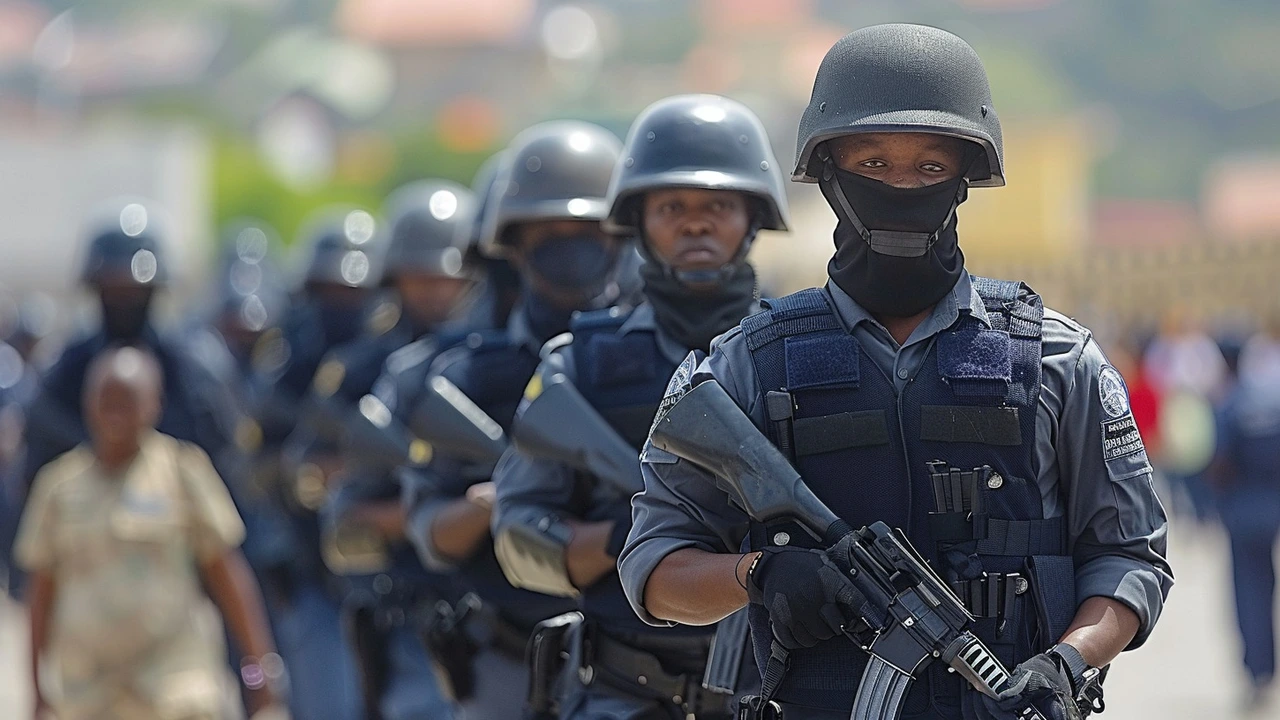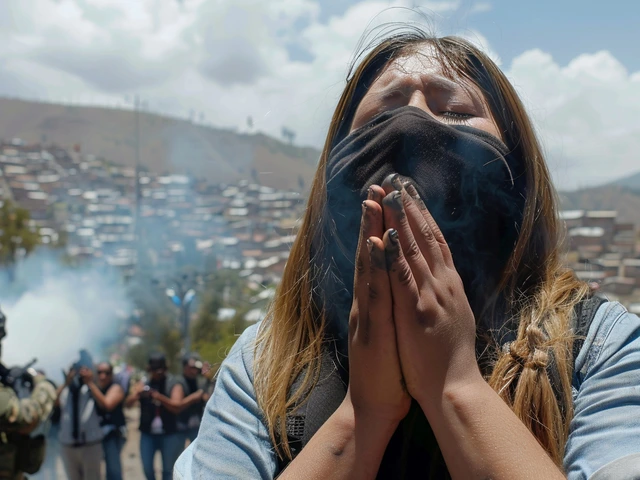What is Biafra Day and Why Do People Observe It?
Biafra Day is not just a date on the calendar—it carries deep meaning for many people in Southeast Nigeria and beyond. It marks a significant chapter in Nigeria's past, relating to the declaration of Biafra's independence in 1967. This day reminds us about the complex history, struggles, and aspirations tied to the Biafra region.
Understanding Biafra Day means diving into a story of identity, conflict, and hope. When the Eastern Region of Nigeria declared itself the Republic of Biafra, it ignited a civil war that changed the course of the country. The war brought hardship but also shaped the beliefs and politics of generations.
Why People Still Talk About Biafra Day Today
Though the civil war ended decades ago, Biafra Day remains a symbol for many who seek recognition of their history and culture. It’s a moment when people reflect on their heritage and voice their hopes for political and social changes. Some communities hold events, share stories, and call for peace and development in their region.
But Biafra Day isn’t just about looking back. It’s also about looking forward—asking how past experiences influence present-day identities and future possibilities. The conversations around this day connect history with current issues like governance, human rights, and unity within Nigeria.
What You Should Know if You’re New to Biafra Day
Don’t think of Biafra Day as a simple holiday. It’s loaded with emotions, history, and diverse viewpoints. If you hear about it in the news or among friends, remember it’s tied to a real struggle and ongoing dialogue. It’s worth paying attention to the stories and reasons people commemorate this day, especially in the context of Nigerian politics and culture.
Whether you’re curious about Africa’s history or want to understand modern Nigeria better, Biafra Day is a key topic. It unlocks past chapters and current conversations that shape how people see themselves and their future.






